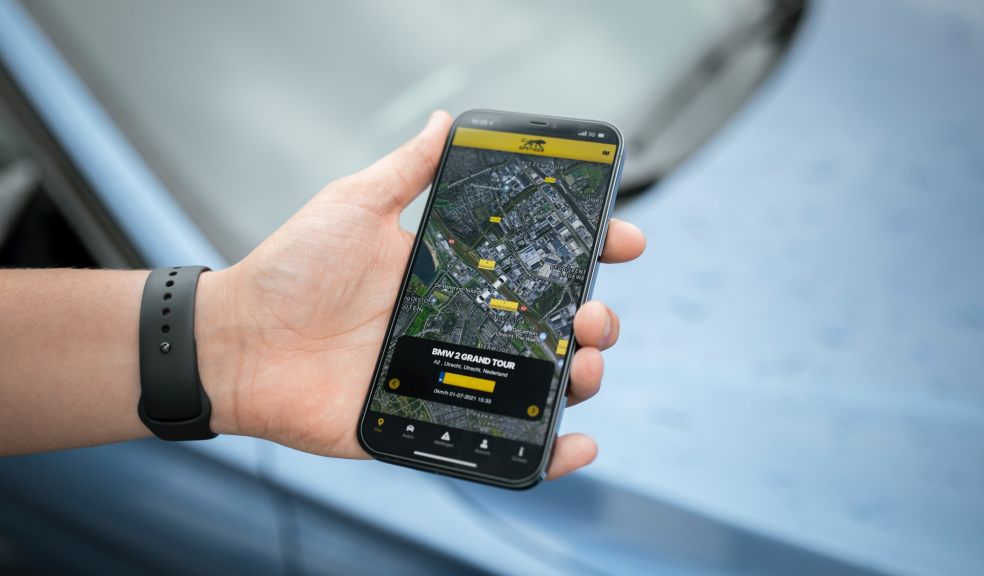
What to look for when buying a vehicle tracker
With vehicle theft, a significant problem in the UK, installing a vehicle tracker to your car, motor vehicle fleet, farm and plant vehicles and equipment, as well as motorbikes and motorhomes, is becoming an ever-increasing way to trace your vehicle.
For high value or vulnerable vehicles, fitting an insurance approved tracker or a GPS enabled tracker may be a condition of your insurance. In some cases, it could even be a means to securing cheaper vehicle insurance premiums. Trackers also provide peace of mind for unexpected happenings, the ability to monitor driving and manage company vehicles to maximise routes and provide indisputable evidence in the event of a dispute.
Vehicle Tracker Features
There are many vehicle tracking devices available. Whilst we can guide you with an idea of the type of vehicle trackers on the market, getting advice from tracking device specialists such as Trackershop will ensure that you receive expert advice on the different devices available. Choosing a business that will install your device should you need it will ensure that everything is done with the minimum fuss. Here is our rundown of features to look out for:
· Real-time monitoring or delay. Do you need to know instantly and monitor your vehicle in real-time? You can choose between an active or passive device to record the movement history of the vehicle.
· One-off or subscription services. Active tracking is the most commonly used because it provides SOS, emergency and real-time vehicle telematics without removing the device. An active real-time device is usually more expensive. It requires a monthly subscription or SMS credits to the GPS services, which, whilst more costly, can assist in recovering stolen vehicles more speedily. A passive tracking system will only offer a locating option, no SOS emergency or real-time vehicle tracking in the case of theft. A passive device must be removed from the vehicle to transfer data. Position and SMS credits offer 'pay as you track' for live tracking use, offering a cost-effective option, as no credits are used when the tracker is inactive and the vehicle is stationary.
· Smart alert. An SOS emergency notification can be made in an emergency on many devices, alerting a chosen individual of the device location. Active devices can provide information on erratic driving, such as speeding or line deviations, long-term parking, and fuel theft alerts to assist with reducing dangerous driving and fuel consumption and is especially helpful to monitor fleet efficiency.
Many trackers offer European and Worldwide coverage. However, your tracker specialist will be able to give you the latest information for each model. (Japan is an exception as their cellular network is incompatible with other countries' networks).
Fitting your tracker
Choosing an installer offering free nationwide fitting as part of your vehicle tracker purchase will protect you from hidden costs and is an economical way to ensure that your tracker is installed and working to the highest standard. Trackers are designed to be waterproof and handle the rigours of the road. Yet, positioning and fitting quality are essential, so again, choose a professional to fit your devices for maximum peace of mind. Professional fitting is also a requirement for car insurance purposes, and Thatcham devices must be fitted by a Thatcham trained engineer and a certificate of authenticity provided.
Conclusion
Vehicle trackers are a sensible and growing purchase for many individuals, industries and to meet many personal and business needs. Whether you are looking to keep a watchful eye over a vulnerable family member, monitor fleet users' whereabouts and driving habits, or recover valuable plant machinery and equipment in the event of theft, a GPS tracker is now a popular purchase for business and personal vehicles.



















